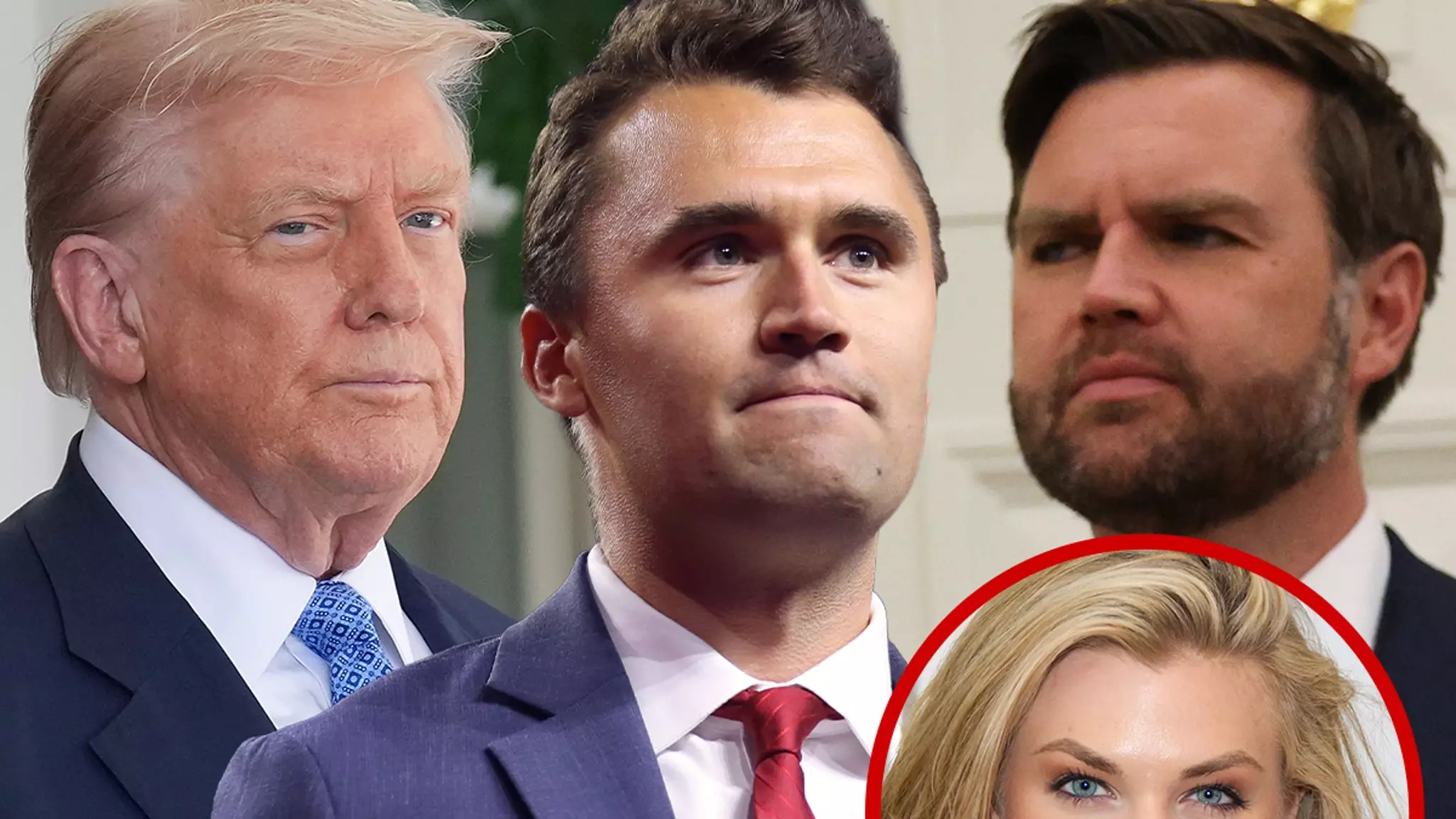The upcoming memorial for Charlie Kirk marks a historic moment in American political culture, as thousands gather to honor a figure whose rhetoric and activism ignited passions both for and against. The event, hosted by Turn Point USA, shifts beyond a mere funeral—transforming into a rallying point for the conservative movement and a stark reminder of the perilous state of political discourse in the United States. With President Donald Trump and Vice President J.D. Vance seated as guest speakers, the occasion is not only a tribute but also a powerful statement about resilience in the face of violence. It underscores an unwavering commitment to free speech and ideological passion—values that many conservatives hold dear, even as they grapple with the tragic aftermath of a vicious attack.
This gathering, which features prominent figures like Robert F. Kennedy Jr., Marco Rubio, Pete Hegseth, and Tulsi Gabbard, symbolizes a unified front in defending the ideological narrative that Kirk championed. The event’s grandeur—highlighted by the attendance of Elon Musk, initially isolated but eventually participating—reflects the importance of collective memory and the determination to keep Kirk’s legacy alive. Erika Kirk, Charlie’s widow, is poised to deliver a heartfelt address that aims to honor her husband’s life and ideals while confronting the tragic cost of political division.
Political Violence and Its Questionable Roots
The circumstances surrounding Kirk’s death have cast a long shadow over America’s nation-wide discourse on political civility. The shooter, Tyler Robinson, reportedly harbored frustrations with Kirk’s outspoken conservative stance, which allegedly motivated his violent act. Authorities point to a disturbing trend—individuals on both ends of the political spectrum harboring deep resentment, often manifesting in dangerous acts of aggression. While officials in the Biden administration have blamed the political left for fueling incitement, this oversimplification skirts the complexities of political violence, which transcends simplistic partisan narratives.
The fact that high-profile Democratic figures like Barack Obama, Kamala Harris, and Gavin Newsom have condemned the shooting signifies a hope for unity and responsible leadership in condemning violence. Yet, the absence of some Democratic leaders at the memorial itself highlights the deep polarization that continues to undermine national cohesion. The event becomes more than a memorial—it transforms into a statement about the future of political dialogue in the nation. Can the American political climate begin to heal, or are such tragedies destined to become commonplace in a country increasingly divided?
Reflections on What This Tragedy Tells Us About America’s Path Forward
Charlie Kirk’s death, and the powerful memorial that follows, exposes an uncomfortable truth: the nation’s ideological battleground is no longer confined to debates and elections but has spilled over into violence. It forces Americans to confront uncomfortable questions about the rhetoric used in political discourse—are we responsible for the climate of hostility that sometimes erupts into deadly acts?
Despite the pain and outrage, the event also exemplifies a collective resolve to remember Kirk’s life as a catalyst for new conversations about civility, responsibility, and the importance of standing firm in one’s beliefs. While critics argue the memorial risks amplifying division, supporters view it as a necessary reminder of the stakes involved and the importance of defending the values that Charlie Kirk fought for. As the nation watches this unfolding chapter of political history, it must grapple with the sobering reality that radicalized individuals can be driven to violence, and that addressing the roots of these aggressions is crucial to safeguarding democracy.
In the end, this tribute could serve as a turning point—urging Americans to cherish the ideals of free expression while condemning violence in all its forms. The hope is that, through remembrance and renewed dialogue, the country can forge a future where ideological differences no longer threaten to tear it apart.

Leave a Reply